Your cart is currently empty!
Category: Organic Growing
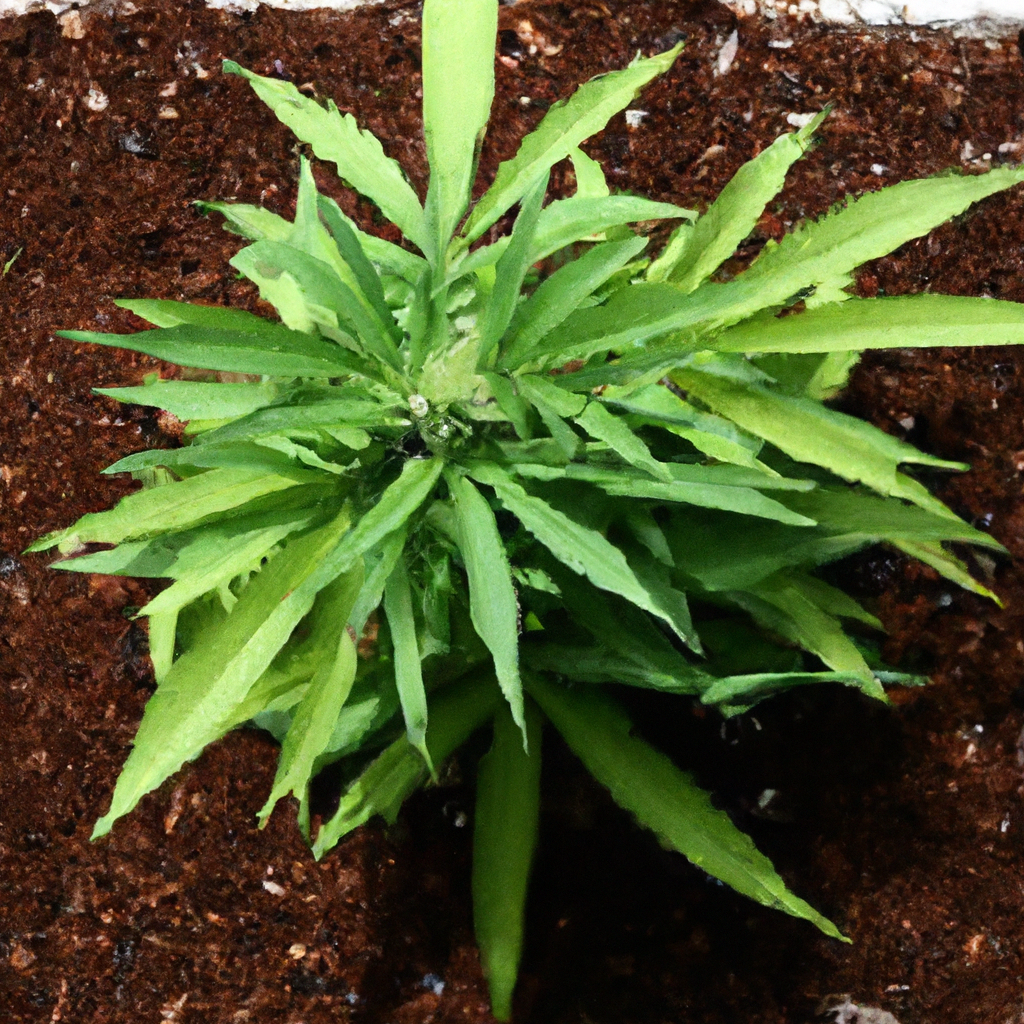
Embracing organic cannabis cultivation is a commitment to creating a sustainable and healthier future. By utilizing natural fertilizers like compost and fish emulsion, cultivators enhance soil health while fostering a robust garden ecosystem. Integrated Pest Management techniques, including companion planting and the use of beneficial insects, offer effective, eco-friendly pest solutions. Adopting sustainable practices such…
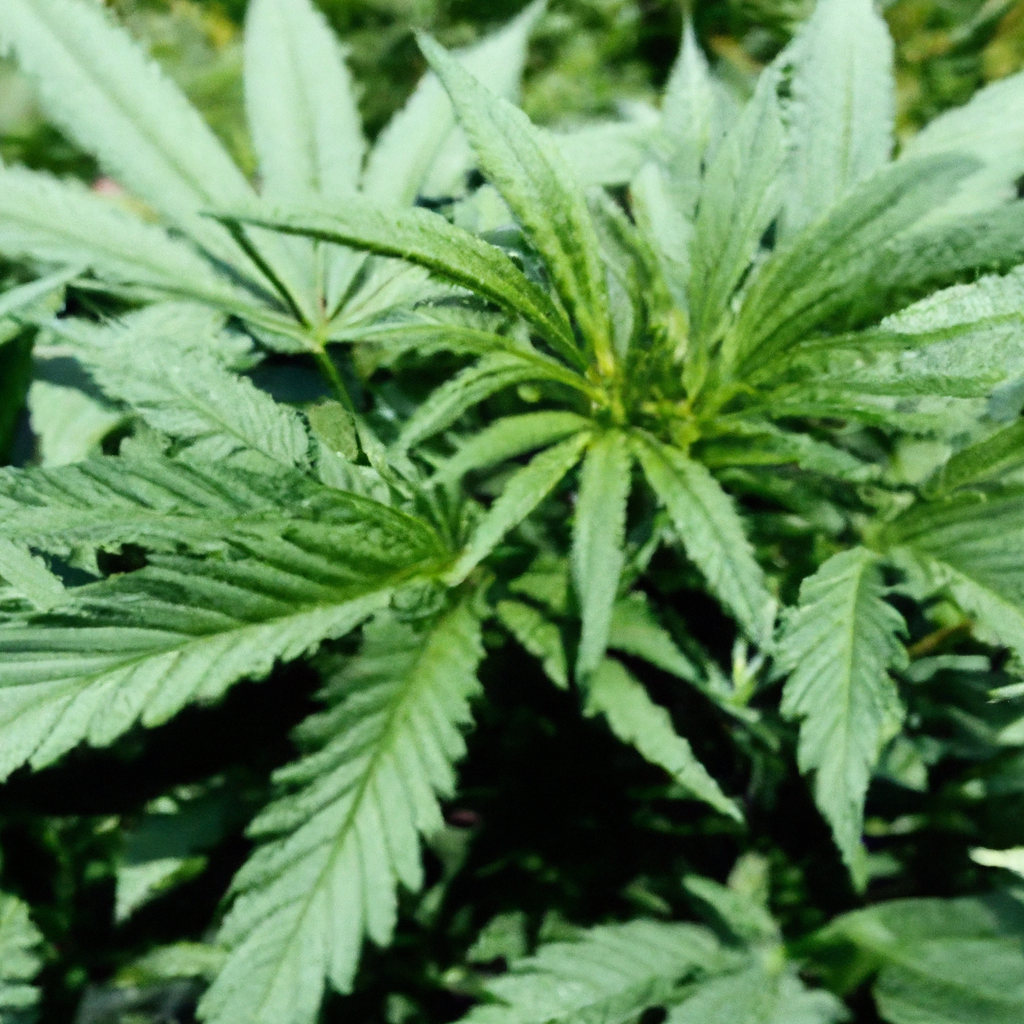
Organic cannabis cultivation focuses on eco-friendly methods using natural fertilizers, effective composting, and sustainable pest control to improve plant quality and environmental impact. Organic fertilizers like bone meal, bat guano, and fish emulsion enhance soil fertility, while composting creates a nutrient-rich growing medium. Eco-friendly pest control, including companion planting and beneficial insects, protects plants without…
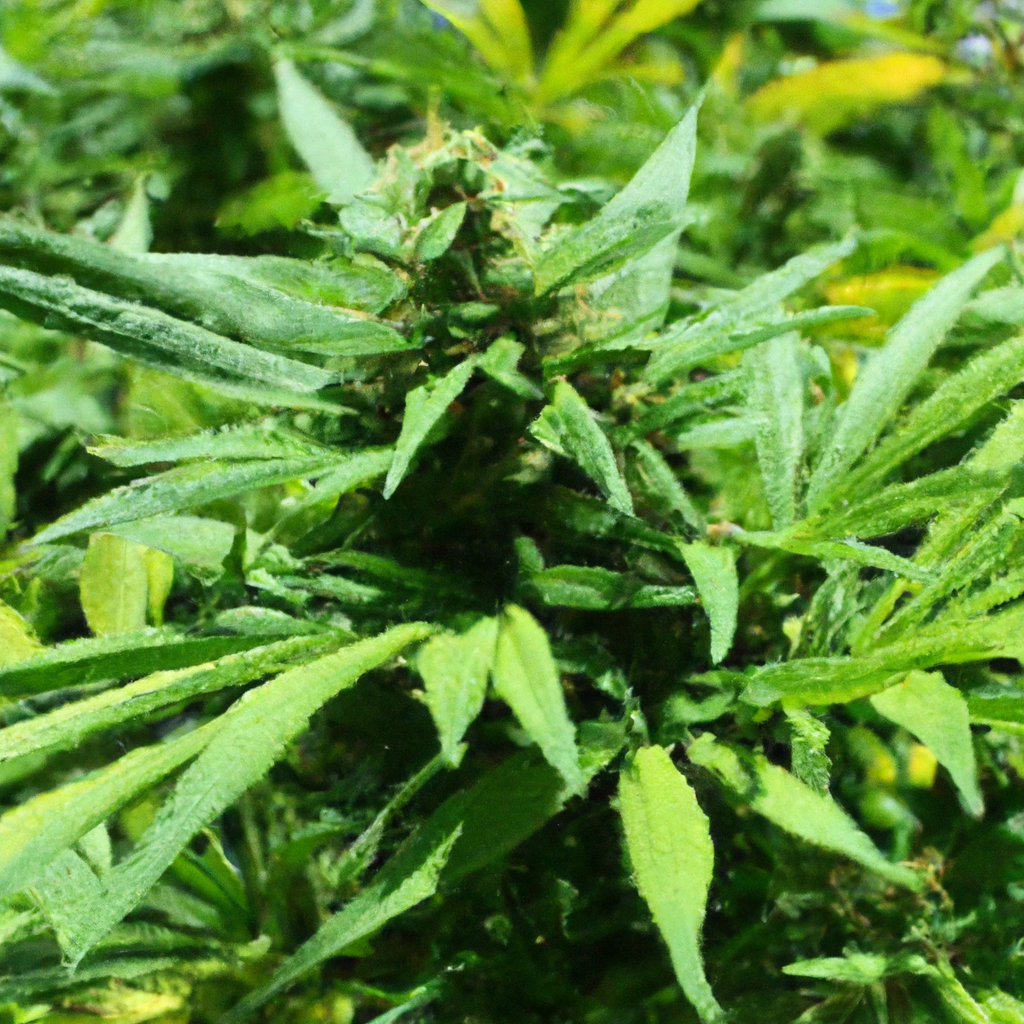
Explore essential practices for sustainable organic cannabis cultivation, emphasizing the environmental and consumer benefits of natural methods. Start with building a vibrant soil ecosystem using compost, beneficial microbes, and cover crops. Opt for natural fertilizers like animal manures and seaweed extracts to maintain the integrity of your crop. Implement eco-friendly pest management with companion planting,…
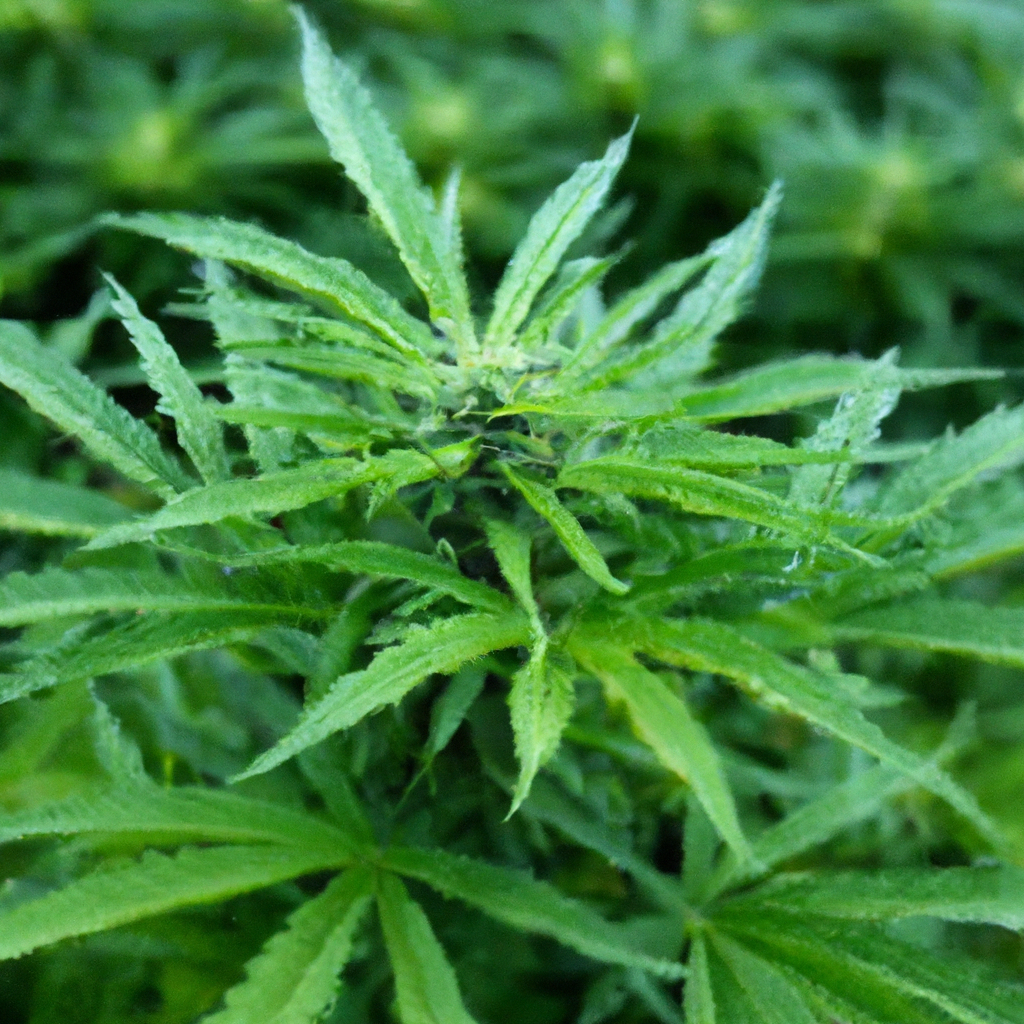
Organic cannabis cultivation promotes a balanced ecosystem, enhancing plant health and environmental sustainability. This approach focuses on nurturing healthy soil with compost and cover crops, using natural fertilizers such as worm castings and fish emulsion, and employing eco-friendly pest control like beneficial insects and neem oil. The benefits extend to environmental sustainability, consumer safety, and…

In today’s cannabis industry, organic cultivation is a key approach for ensuring quality and sustainability. This method prioritizes healthy soil ecosystems through practices like composting and utilizing cover crops. Natural fertilizers such as bone meal and kelp meal are essential for chemical-free growth. Sustainable pest management includes companion planting and using beneficial insects. Organic cannabis…
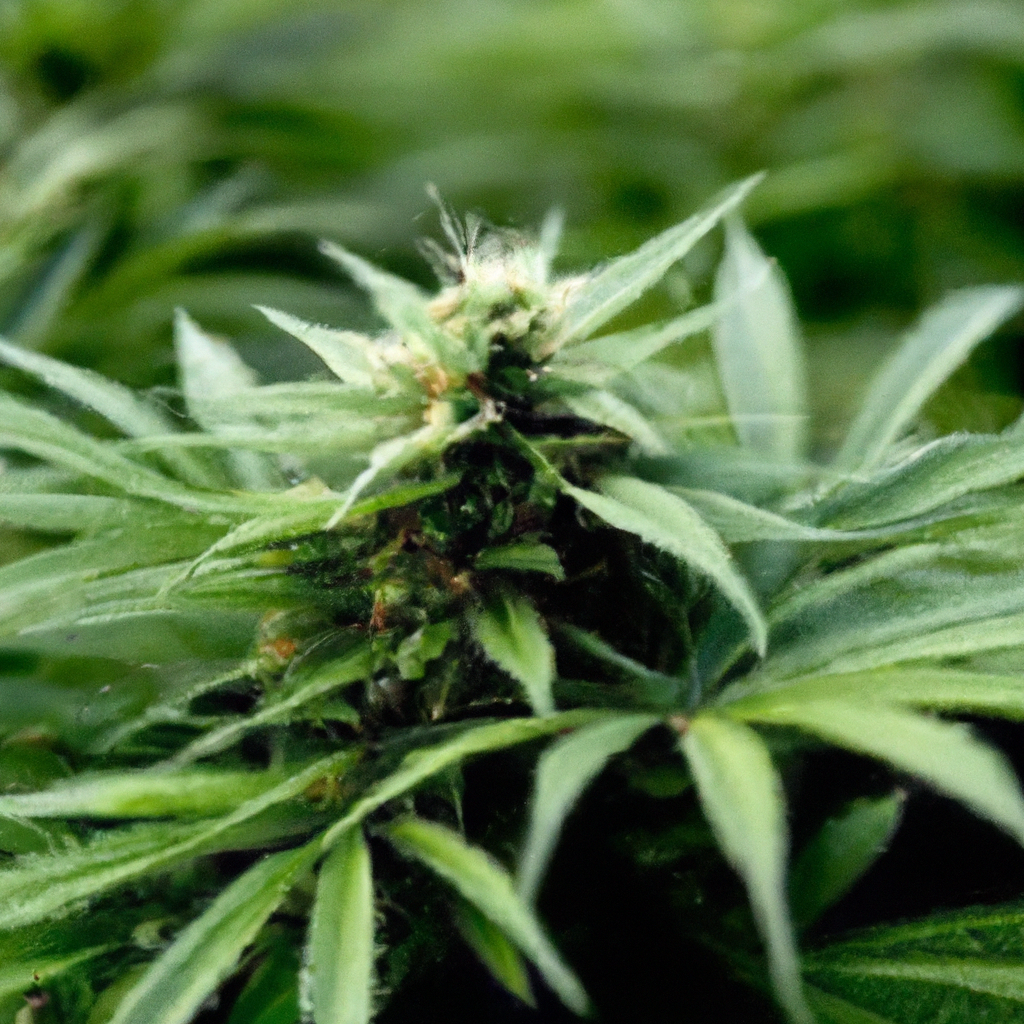
In today’s environmentally conscious world, more cannabis growers are embracing organic cultivation methods, which benefit both the environment and the quality of the product. Key practices include using natural fertilizers like worm castings, bat guano, and fish emulsion to enrich soil, composting to recycle organic matter into nutrient-rich humus, and sustainable pest control through companion…
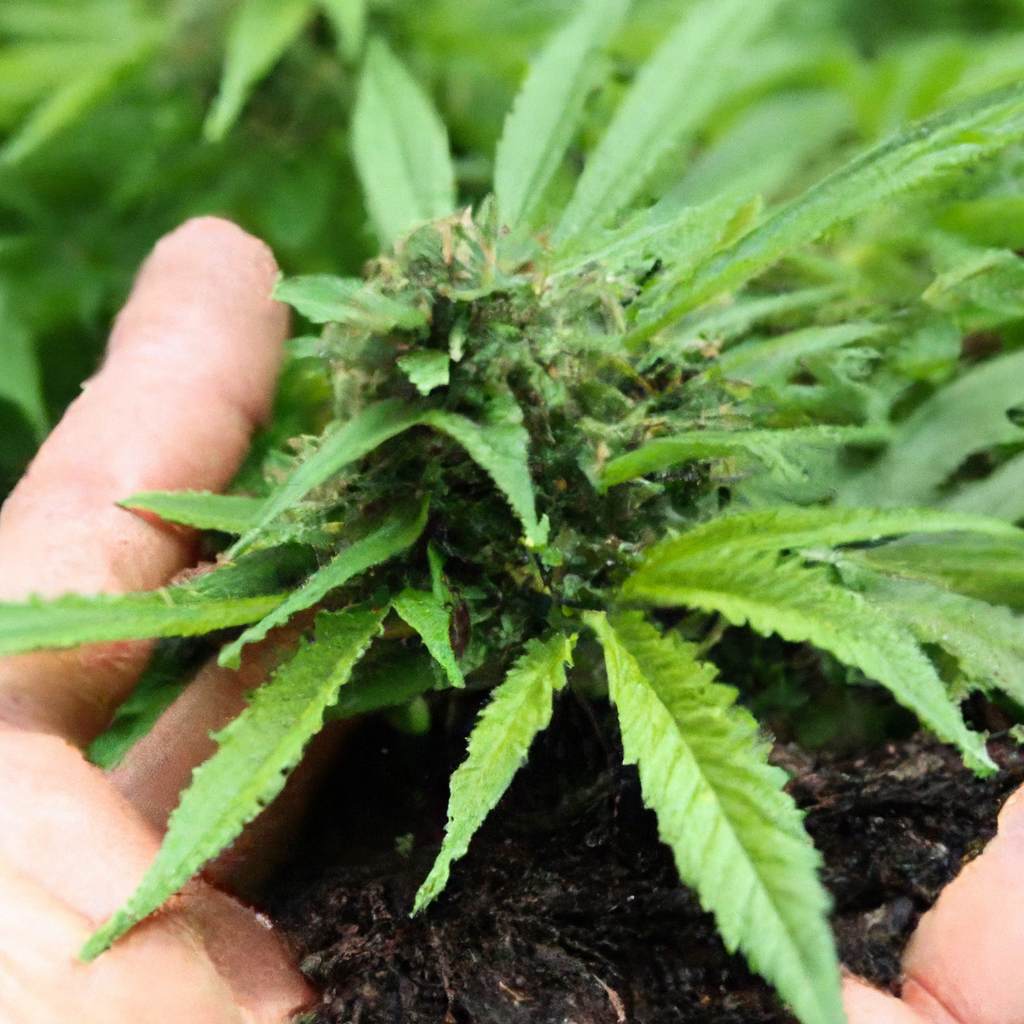
In the pursuit of sustainable cannabis cultivation, organic methods stand out by prioritizing natural fertilizers, composting, and eco-friendly pest control. Building a healthy soil ecosystem is foundational, utilizing composting, beneficial microbes, and crop rotation to enhance soil fertility. Avoiding synthetic chemicals, employing natural pest control, and using organic mulch improve plant and ecosystem health. Sustainability…
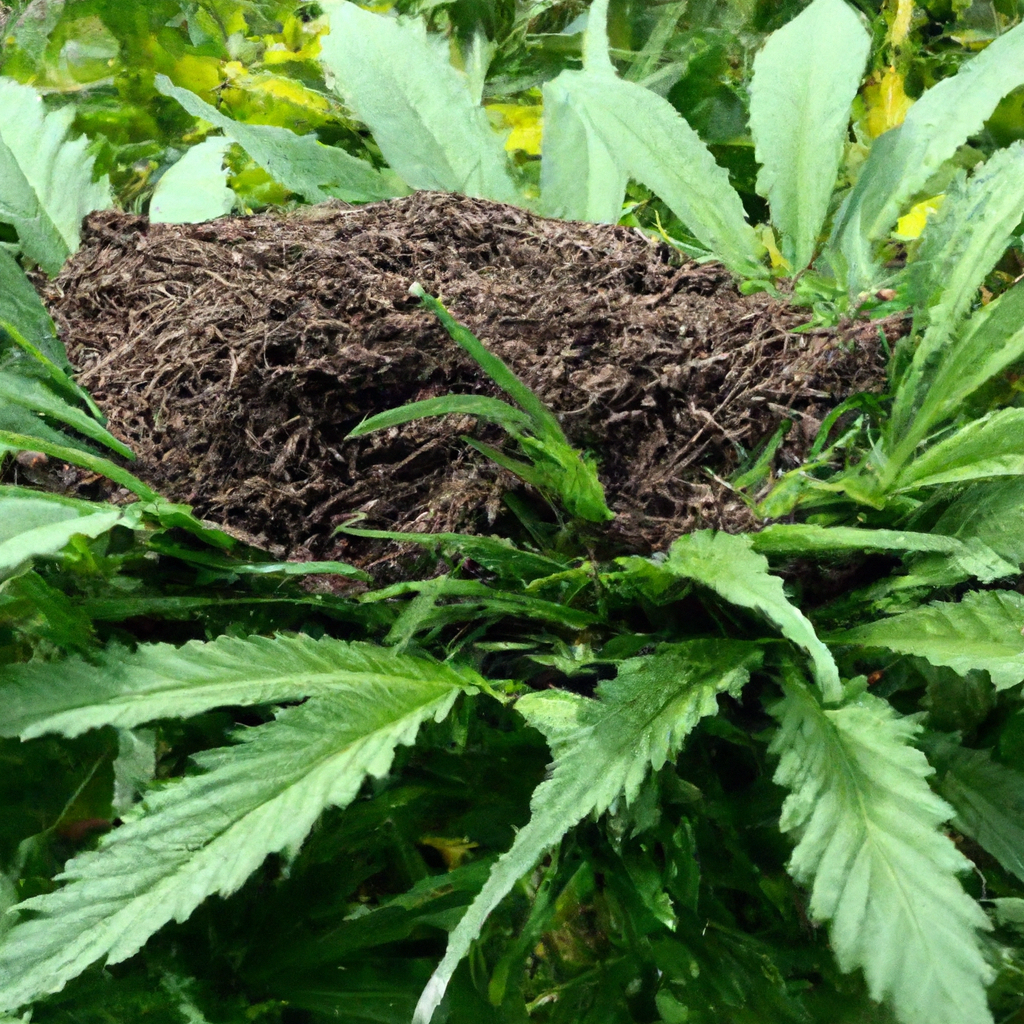
Embracing organic cultivation methods for cannabis enhances both environmental health and product quality. This guide highlights the importance of building robust soil ecosystems through compost, cover crops, and microbial diversity. It advocates using natural fertilizers like fish emulsion, bone meal, and seaweed extract for healthy plant growth. Eco-friendly pest management strategies, including companion planting and…
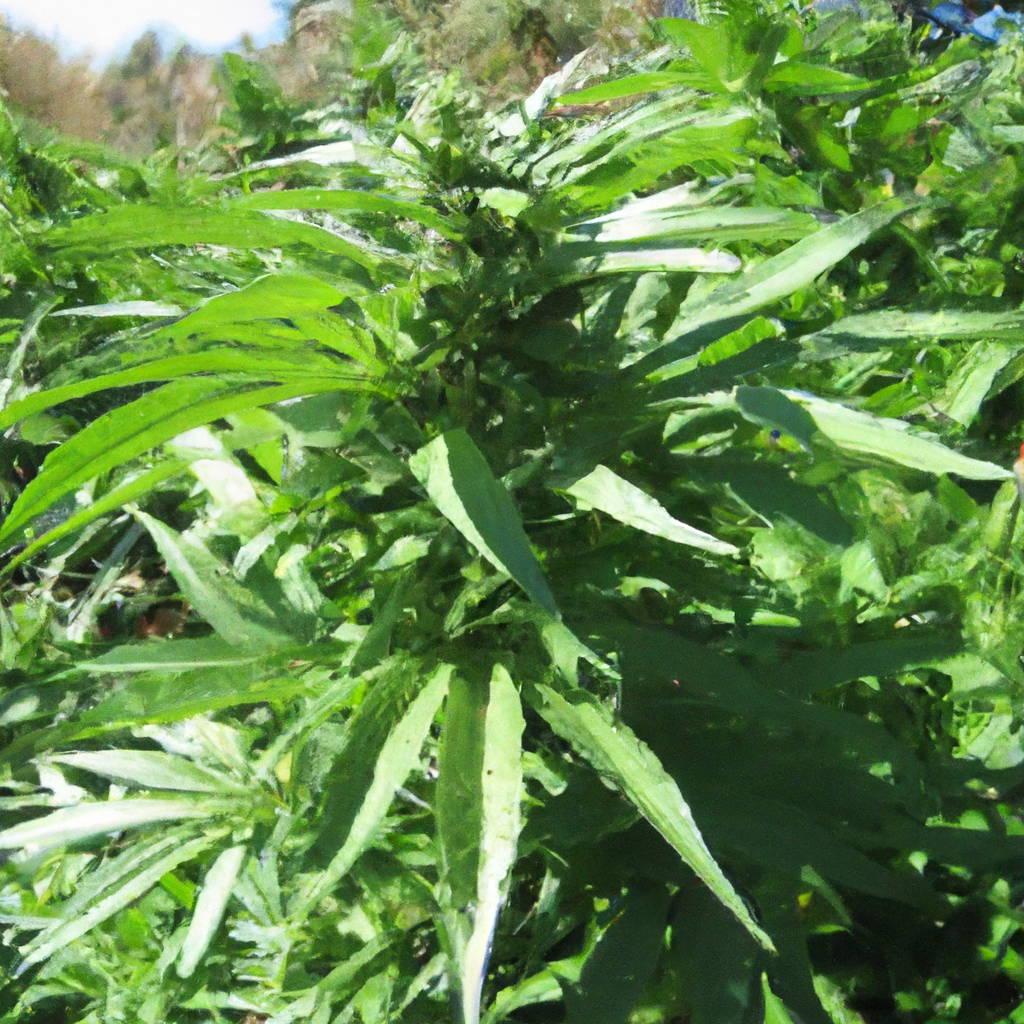
Organic cannabis cultivation is a commitment to quality and sustainability, harnessing nature’s power to nurture plants. This guide highlights best practices, including building healthy soil ecosystems through composting, mulching, and cover cropping. It emphasizes using natural fertilizers like fish emulsion and organic manures, and pest control methods such as companion planting and neem oil. The…
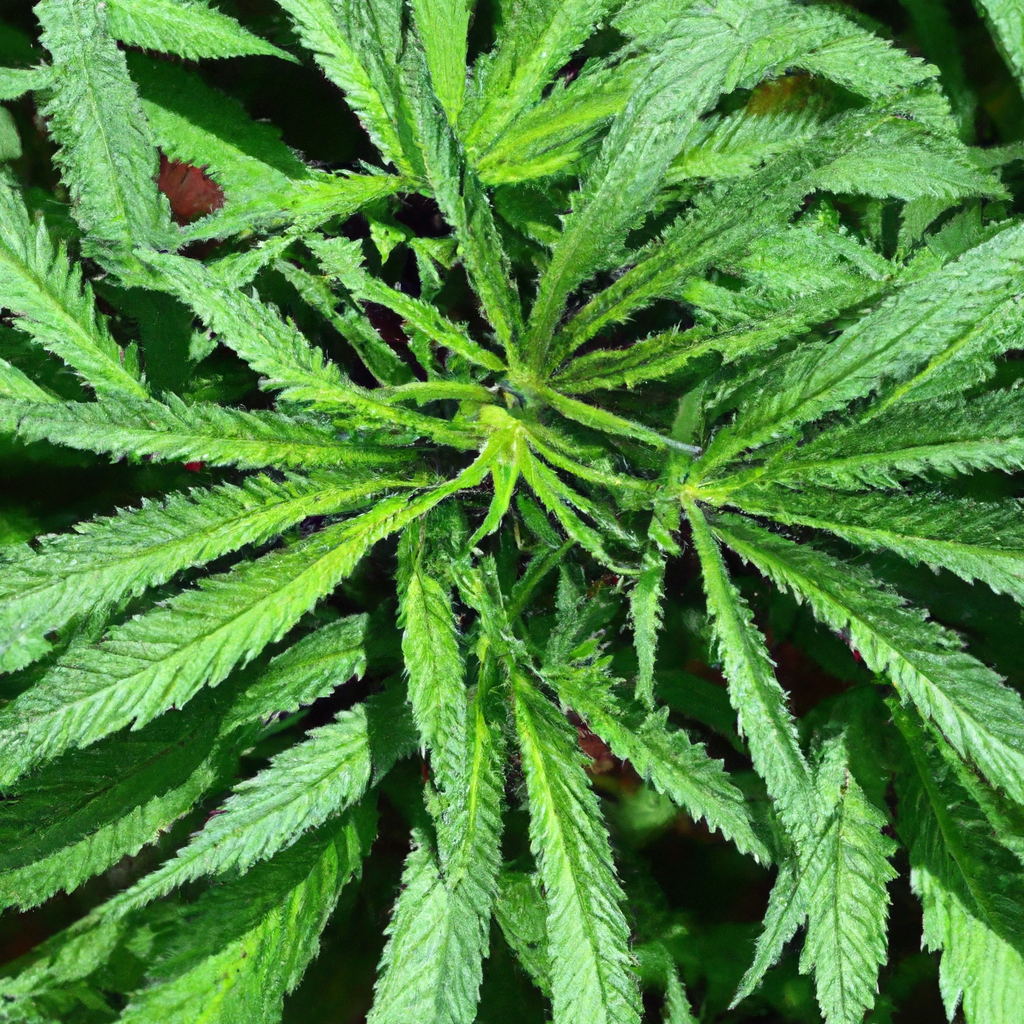
Embrace sustainable organic cannabis cultivation by focusing on natural fertilizers, composting, and eco-friendly pest control to enhance environmental health and crop quality. This guide delves into nurturing soil ecosystems with natural fertilizers like compost and animal manure, promoting soil health through strategic composting methods, and utilizing natural pest control practices such as companion planting and…
